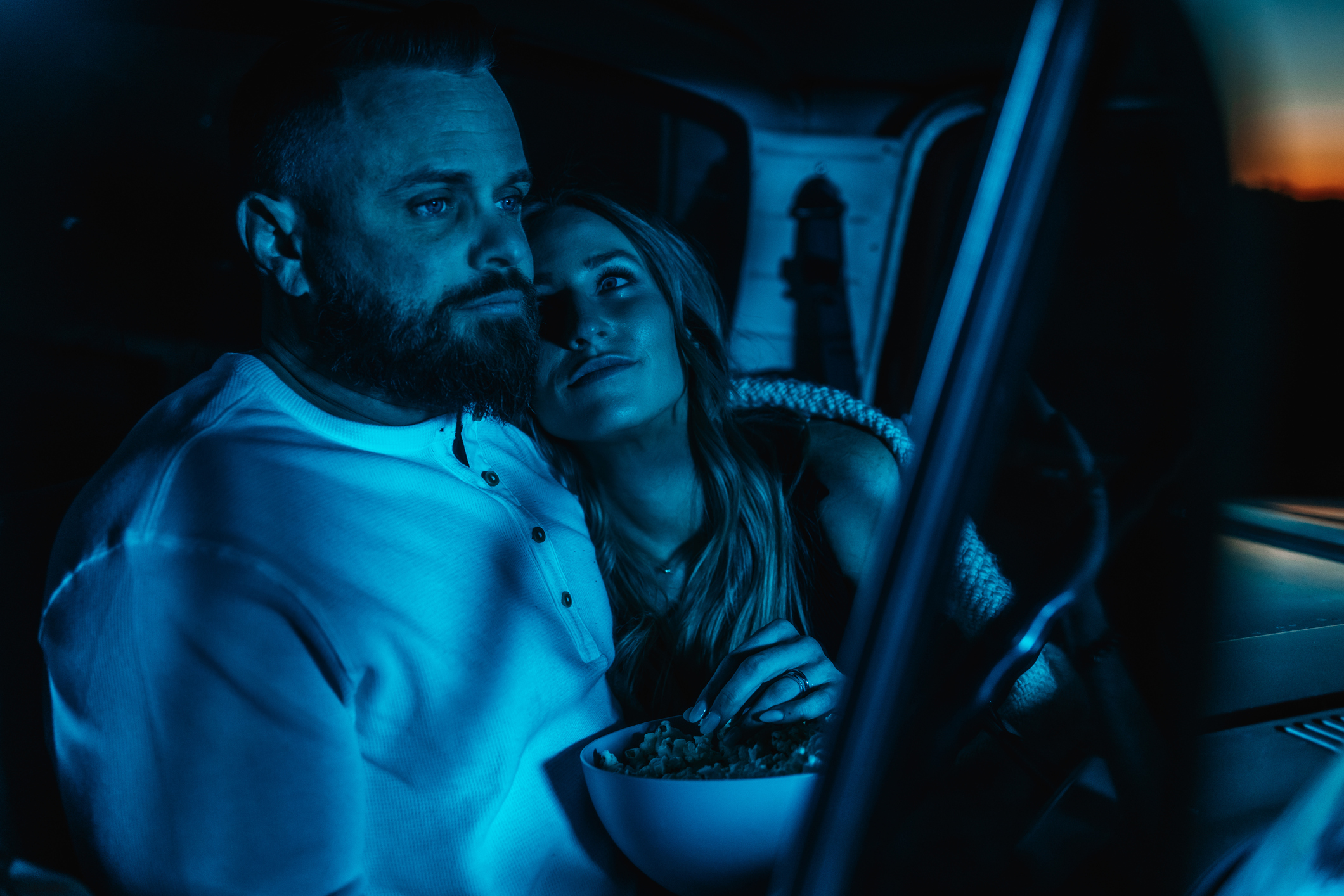Love stories are an intrinsic part of our collective storytelling pantheon, and every culture across history has at least one. Whether they depict legendary heroes traipsing through the underworld or mystical lovers combining into one being, one thing is clear: We love romantic stories. Of course, very few stories can truly capture romance’s infinitely intricate and diverse experiences.
We’ve been trying for all of human history to figure out why love makes us act so irrationally, and sometimes stories can help draw more attention to the question. Sometimes – a lot of the time – what they actually have to say about love can be simplistic, reductive, or completely self-motivated. Here are some examples of the lies that romance movies tell, so you know what to look out for.
That love is always enough
Most stories require some kind of conflict and resolution, and romance films have a very clearly set plan for their ending. The main characters are going to fall out over something or some external force will pull them apart, all so the hero or heroine can perform some sweeping declaration of love – then comes the classic happy ending. That reconciliation is often what pulls even good romantic films away from reality, as the object of desire ultimately accepts that love is all they need.
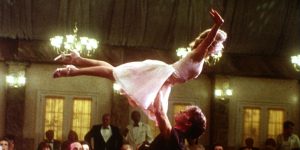
Here in the morally gray real world, love alone is not the sole key to keeping people together. We need a lot of things (love included) from our partner, and sometimes the real-life conflicts that drive us apart happen for a reason. You probably shouldn’t do something super dramatic and love affirming when you and your partner are having issues.
That love saves us from ourselves
Some of the most popular romance films of all time are built on this premise. Disney’s version of the traditional fairytale character The Beast is often pointed to as an example of an abusive partner, due to him imprisoning Belle and using his size and strength to intimidate her. The story ends with the conflict solved and their true love proven, with The Beast no longer acting as her warden and – presumably – not being a control freak anymore.
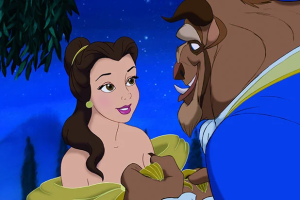
A core takeaway from many Disney films is that appearance is only skin deep, and Beauty and the Beast pushes this more than others. He was beastly inside, and the flower’s spell had nothing to do with that. Love can give you motivation to change, sure, but you can’t change your nature. It will not save you from yourself, and thinking that it will might dig you a deeper hole into your dysfunctional issues.
That love is about attrition
Love is tested in many ways throughout life, but rarely with the same kind of heightened stakes we see on screen. In trying to drag a story out to the feature-film threshold, you get plenty of time to make your heroes suffer for love. For their resilience, they are rewarded with an even stronger and more intense relationship – or so it goes in the movies.
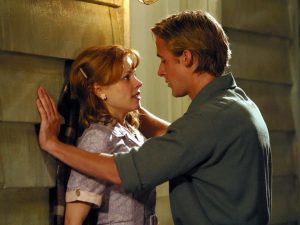
You should not have to suffer for love, or anything for that matter, and it’s worth reminding yourself of that if you ever are. In reality, the trauma of suffering in love hits us hard. It can change who we are and what we want, and a bull-headed confidence that you’ll ultimately be rewarded can put you in a dangerous place.
That the guy sets the pace
Power often plays a key role in love stories. We love to see opposites attract, and in the case of a supernatural romance like the Twilight saga, the contrast between Bella’s frail, noncommittal teenage angst and Edward’s old-school conservative abstinence provides plenty of entertainment.
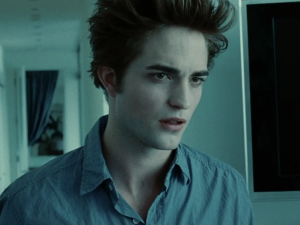
The thing is, whether it’s via vampirism, wealth, or simply social capital, men do hold the power. Edward dictates the milestones in his relationship with Bella, and is trusted to do so because of his strength. However, this leaves her without any of her own autonomy as she follows his every whim. Love involves capitulating your power – it has to, or you’ll never make yourself vulnerable enough to grow with your partner.
Love is always a justification
You could argue that this is one of the more realistic aspects of romantic cinema, as we’re all familiar with just how often love is used to justify bad behavior. All kinds of things can be spun in the name of love, and while it may be a contributing factor, we often seek to pass accountability onto an emotion we can’t manage – thereby absolving us of our responsibility.
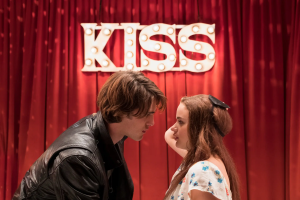
Films like the 2018’s The Kissing Booth, or any others that center around fundamentally selfish characters, feature romantic leads committing acts of aggression and pressuring their partners using social or personal power. These are all explained away in the name of love. In a real-life relationship, you can’t get away with hurting your partner and saying it’s because you love them – that’s abuse.
It’s not harassment if they’re hot
We have to engage in the suspension of disbelief when it comes to watching movies. We know it’s all constructed, and that how it depicts the real world is heavily distorted through performances, scripts, production, and editing. However, this is something we just can’t ignore.
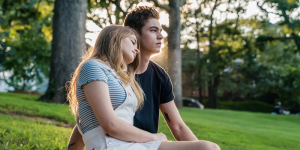
Hot guys get away with so much in movies. Love Actually, Alfie, She’s All That- all films filled with sexy guys whose looks are the only reason anybody lets them into their personal space. These guys never face any consequences for their actions, even when they’re hurting the people around them. The 2019 film After is essentially a thesis statement on this concept, but with zero self awareness – which makes it a bit redundant.
That you’re the main character
Not all entertainment is about wish fulfillment or killing time. We love to watch movies with stories that mirror our own experiences, or match how we perceive ourselves and the world. However, without some kind of critical distance, you learn all the wrong lessons from them. Romance takes a shortcut to the human mind, and we’re particularly prone to being manipulated by movies when we’re experiencing something similar in the real world.

Of all the wrong lessons that romantic films preach, the worst offender is the painting of the love-struck as the center of the universe. Love by its very nature involves at least one other person, and they have their own life, trials, and tribulations that sometimes won’t fit with yours very well. We’re not characters on a page, so we can’t act like everyone is simply there to play a role in our own story.

